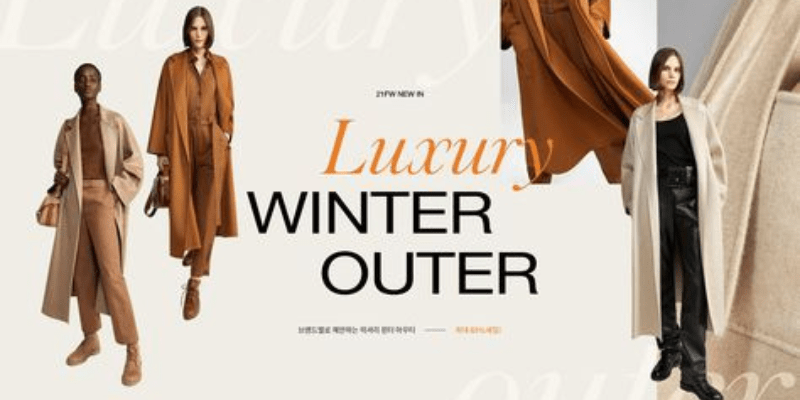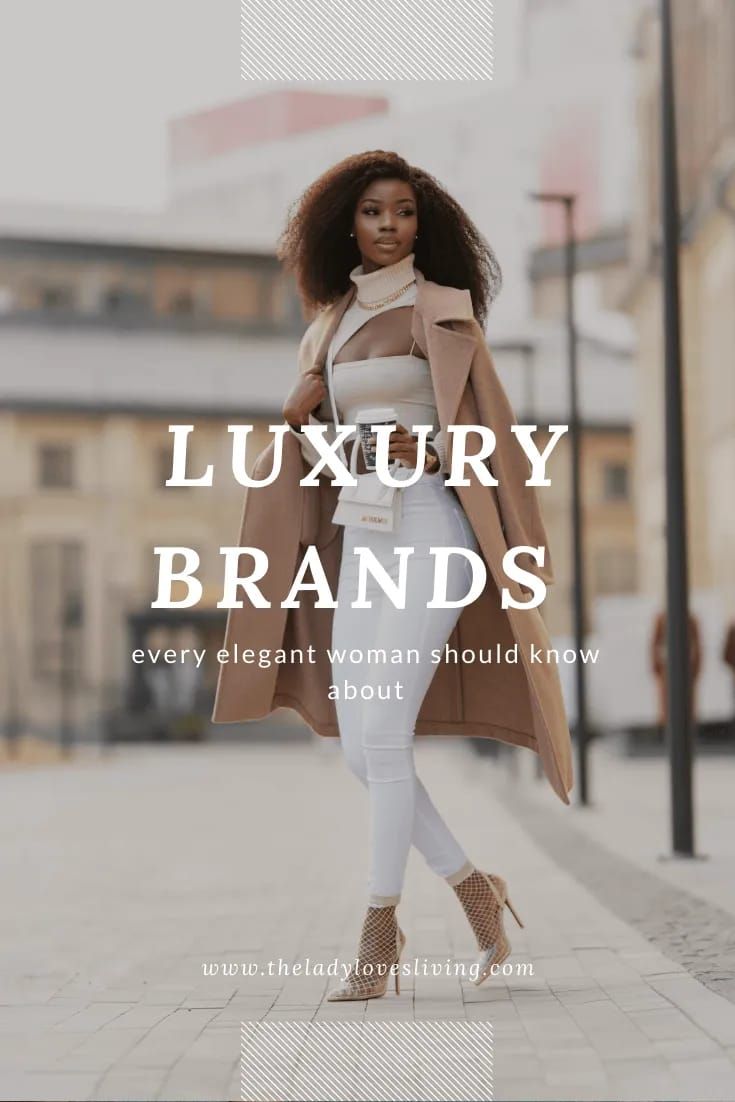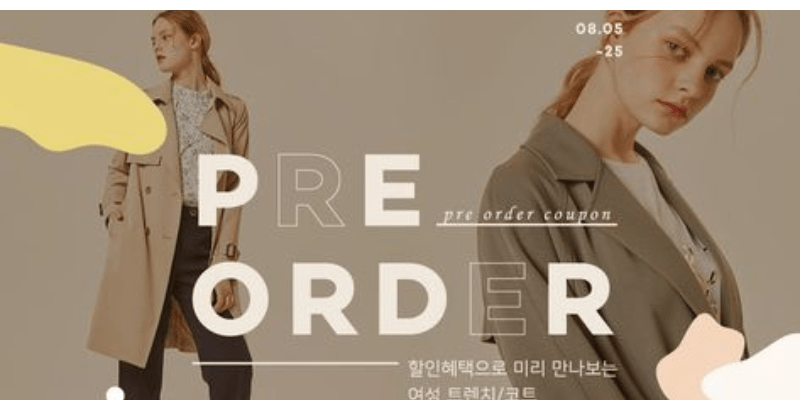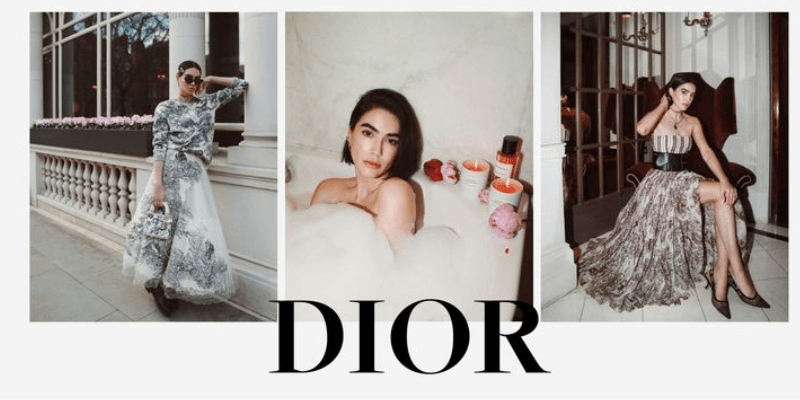Luxury fashion brands are synonymous with elegance, exclusivity, and impeccable craftsmanship. These brands define the pinnacle of style, offering not only products but also a lifestyle that many aspire to. In this article, we explore the history, influence, and allure of luxury fashion brands, and why they continue to captivate the world.
A Brief History of Luxury Fashion
The origins of luxury fashion can be traced back to the royal courts of Europe, where exclusive clothing and accessories were crafted for the aristocracy. Over the centuries, luxury fashion evolved into a global phenomenon, driven by iconic houses such as:
- Louis Vuitton (France): Founded in 1854, known for its timeless trunks and monogrammed leather goods.
- Chanel (France): Established in 1910, celebrated for the little black dress and Chanel No. 5 perfume.
- Gucci (Italy): Originating in 1921, a symbol of Italian craftsmanship and bold designs.
These brands set the foundation for today’s luxury fashion industry, blending heritage with modern innovation.

What Defines a Luxury Fashion Brand?
Not all high-end products qualify as luxury. True luxury brands share distinct characteristics:
- Exceptional Craftsmanship: Every item is meticulously crafted using the finest materials.
- Exclusivity: Limited editions and high price points maintain a sense of rarity.
- Timeless Appeal: Designs that transcend trends and remain relevant for decades.
- Prestige: A rich heritage and reputation for excellence.
The Most Iconic Luxury Brands Today
Hermès
- Known for the iconic Birkin bag, Hermès exemplifies French luxury.
- Each bag can take up to 18 hours to craft, making it a true work of art.
Prada
- This Italian brand is renowned for its innovative and minimalist designs.
- Prada’s nylon bags became a global sensation, blending utility with style.
Rolex
- The Swiss watchmaker is synonymous with precision and status.
- Rolex watches are not just accessories but investments.
Versace
- Bold and glamorous, Versace represents the epitome of Italian opulence.
- Its signature Medusa logo is instantly recognizable worldwide.
Luxury Fashion in the Modern Era
The 21st century has brought significant changes to the luxury fashion industry:
Digital Transformation
- Luxury brands are embracing e-commerce, offering online shopping experiences that match the elegance of their physical boutiques.
- Social media platforms like Instagram and TikTok have become key marketing tools, showcasing collections and engaging with younger audiences.
Sustainability
- Modern consumers demand ethical practices. Luxury brands are investing in sustainable materials and transparent supply chains.
- Gucci’s commitment to carbon neutrality and Stella McCartney’s focus on vegan leather are prime examples.
Diversity and Inclusion
- Luxury fashion is becoming more inclusive, with diverse models and designs catering to a broader audience.
- Collaborations with streetwear brands, like Louis Vuitton x Supreme, have made luxury more accessible to younger demographics.
The Allure of Luxury
Why do luxury fashion brands hold such an irresistible appeal?
- Status Symbol: Owning a luxury item signifies success and refinement.
- Craftsmanship: Customers appreciate the unparalleled quality and attention to detail.
- Emotional Connection: Luxury brands evoke feelings of exclusivity, pride, and nostalgia.
- Investment Value: Iconic pieces often appreciate in value over time.
Challenges in the Luxury Fashion Industry
Despite their allure, luxury fashion brands face challenges:
- Counterfeiting: Fake luxury goods harm brand reputation and revenue.
- Economic Fluctuations: Recessions and global crises can impact demand.
- Balancing Heritage with Innovation: Brands must stay relevant while preserving their legacy.
The Future of Luxury Fashion
The luxury fashion industry is poised for continued growth, driven by:
- Technological Integration: Virtual try-ons and NFT-based luxury collectibles.
- Expansion in Emerging Markets: Rising affluence in regions like Asia and the Middle East.
- Customization: Tailored products that offer a personalized luxury experience.
Conclusion
Luxury fashion brands are more than mere labels; they are symbols of artistry, heritage, and aspiration. As they adapt to the changing world, these brands continue to set the gold standard in the fashion industry. Whether through a timeless Hermès scarf or a cutting-edge Gucci sneaker, luxury fashion offers a unique blend of tradition and modernity that captivates and inspires.



